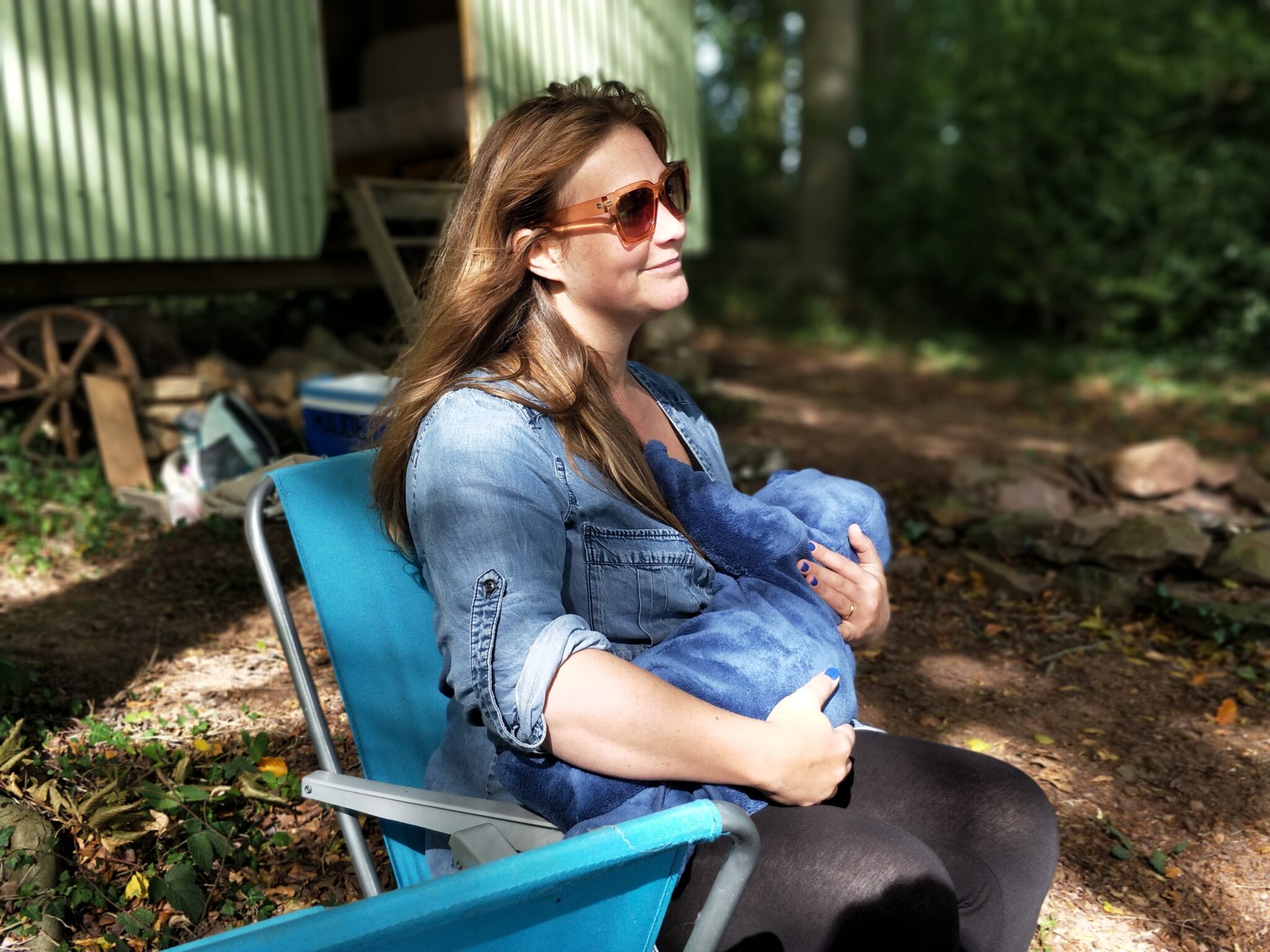It is perfectly natural. In fact, it is something mothers have been doing since the dawn of time – and experts say it benefits them and their children.
According to the Centers for Disease Control and Prevention (CDC), breastfeeding helps reduce the risk of some serious illnesses and chronic health conditions for infants. The American Pregnancy Association (APA) also notes that mothers who breastfeed their children tend to have lower rates of certain cancers. Additional benefits for moms include quicker return to pre-pregnancy weight, decreased blood loss after birth, and cessation of menstruation for up to 12 months.
While it seems like the logical choice, many women find the decision to breastfeed isn’t easy – especially if they have to go back to work soon after giving birth. This is because nursing moms do not necessarily have the right to breastfeed at work here.
Yes, you can breastfeed at work – sometimes
In California, women do have a conditional right to breastfeed in public. In order to exercise it, they must be allowed to be in the place where they wish to breastfeed. Additionally, the location must be somewhere other than a private residence or someone else’s home.
This does not mean that employers are legally mandated to allow nursing moms to breastfeed their infants at work. In fact, California employers have no legal obligation to let employees bring their children to work, much less provide daycare at the place of employment.
That being stated, the law does favor nursing moms who want to engage in direct breastfeeding at work if their employers choose to provide onsite daycare.
State laws that accommodate nursing mothers
California employment laws also accommodate nursing mothers who return to work by mandating that employers provide lactation breaks for them. A lactation break is a designated time, in a private space, where women can “express” or pump their breast milk.
In summary, these laws stipulate that employers must:
- Allow nursing mothers to take lactation breaks during regular break times.
- Allow nursing mothers to take additional unpaid lactation breaks if necessary.
- Make reasonable efforts to provide private spaces – other than bathroom stalls – in which nursing mothers can pump breast milk. This may be the employee’s office or an acceptable space nearby.
- Allow mothers to take lactation breaks as long as they are nursing.
Los Angeles employers are exempt from these requirements in certain circumstances. Specifically, they do not have to provide these accommodations if doing so would “seriously disrupt” business operations. Keep in mind, however, that this is legally construed as a strict standard. Accordingly, it is incumbent upon employers to prove that any or all of these arrangements would cause significant interference with the daily routine. Without acceptable proof of substantial hardship, failure to comply with these requirements can result in a $100 fine for each violation.
California laws banning workplace discrimination against nursing mothers
In general, you are legally protected from workplace discrimination based on your sex if you work at a California business with at least five employees. Because the definition of sex in this context includes “breastfeeding or medical conditions related to breastfeeding,” nursing mothers enjoy the same legal protection.
Furthermore, nursing mothers are protected from workplace harassment — including harassment by their employers. Unlike laws banning workplace discrimination, however legal protection from workplace harassment does not depend on the size of the business. The anti-harassment law also affords protection to nursing mothers who are not officially employees.
Accommodations for nursing mothers under federal law
The Fair Labor Standards Act (FLSA) also mandates that certain employers make accommodations for nursing mothers who return to work.
Specifically, this federal law mandates that employers allow nursing mothers to take unpaid breaks to express breast milk, as long as the breaks are “reasonable.” The FLSA also mandates that employers allow nursing mothers to take these breaks for up to one year after they give birth. Like California law, the FLSA requires employers to provide private spaces for lactation breaks.
Two final points warrant discussion here. First, the FLSA break requirement detailed above only applies to companies with more than 50 employees. Smaller businesses are exempt if they can demonstrate that provision of such breaks would create “undue hardship.” In particular, companies claiming exemption must prove that they cannot provide these breaks without incurring significant financial or operational difficulties.
Secondly, nursing moms can only take advantage of the FLSA break provisions if they are hourly, nonexempt employees.
Our Los Angeles employment lawyers are here to help
If you have questions or concerns about your rights as a nursing mom under state or federal law, don’t hesitate to give us a call. You can schedule a consultation with the employment lawyers here at the Law Office of Parag L. Amin P.C., by phone or by completing and submitting our contact form. Either way, we are here to help.


